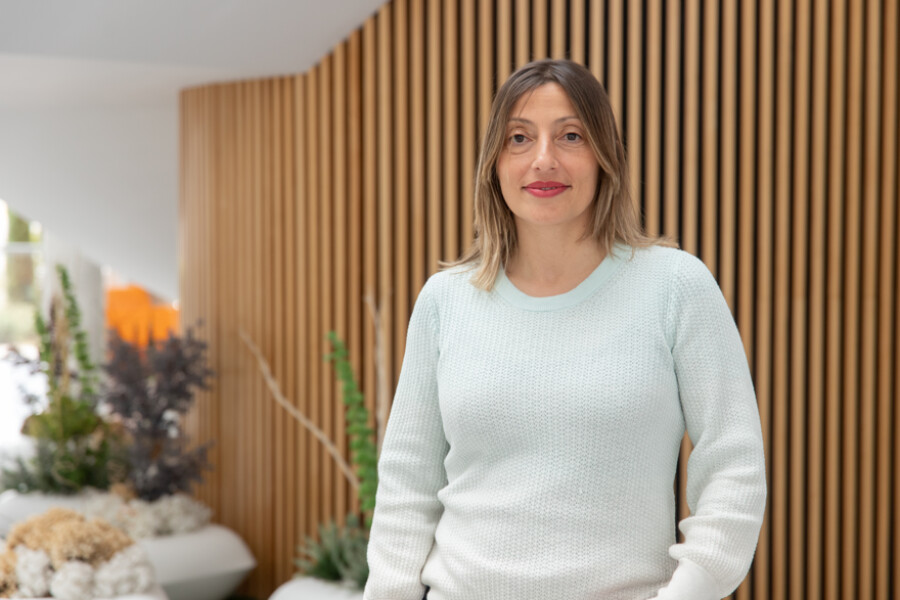Rebeca Marcilla, Researcher at IMDEA Energy, wins an ERC Proof of Concept project to develop a new type of redox flow battery
Rebeca Marcilla, Senior Researcher at IMDEA Energy’s Electrochemical Processes Unit, has obtained funding from the European Research Council (ERC) through the ERC-Proof of Concept (PoC) call to advance the development of a new type of redox flow battery (RFB). 134 beneficiaries – 14 in Spain, of which 4 are led by women – have been awarded Proof of Concept funding to explore the commercial or societal potential of their research results previously funded by the ERC. These projects are part of the EU’s research and innovation programme, Horizon Europe.
The ERC-PoC 3-Phase-BAT project involves the development of a new type of flow battery that does not require the use of a membrane, as the electrolytes are separated by thermodynamics eliminating the need for a physical barrier. In addition, vanadium species are replaced by organic redox compounds that are abundant, less costly and have configurable properties, thus addressing the issues of high cost and low performance of some components of these batteries, as well as the limited availability of the materials, which so far hinder the widespread market adoption of RFPs.
Specifically, 3-Phase-BAT proposes the use of a three-phase immiscible liquid system, in which the upper and lower phases serve as redox electrolytes, separated by an electrochemically ‘inert’ intermediate liquid phase that replaces the costly ion exchange membrane.
This new technology builds on the knowledge gained in the project MFreeB ERC-CoG led by Rebeca Marcilla on membrane-free RFBs using immiscible two-phase systems.
The ERC-PoC 3-Phase-BAT project aims to address the challenges related to the low efficiency and limited energy density of batteries by incorporating a third immiscible intermediate phase, which effectively avoids the damaging self-discharge often observed in membraneless flow battery technology.
This ERC-PoC therefore offers a great opportunity to validate this novel technology, explore scale-up as part of the technology transfer process, and define an exploitation pathway for the transition of 3-Phase-BAT technology from lab to industry, with the aim of accelerating market access within five years.



